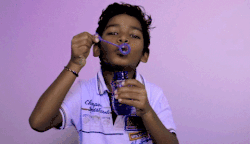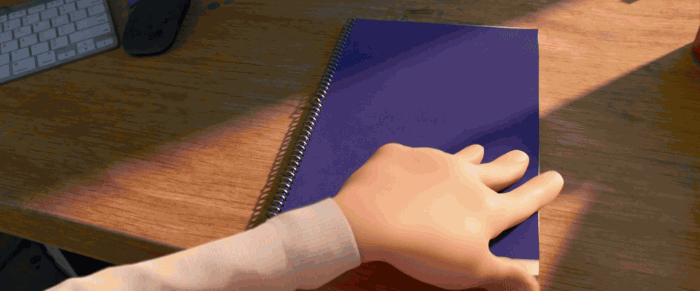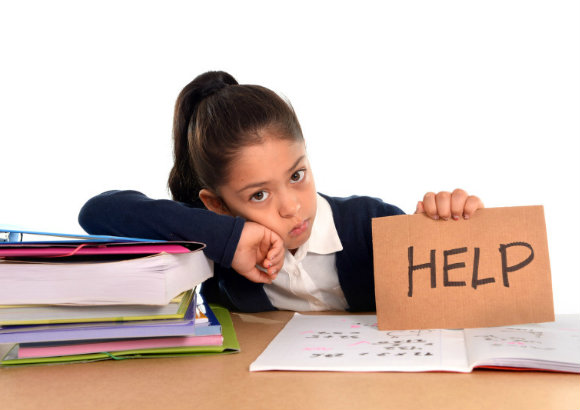Classroom Activities That Help Reduce Stress in Children
 Schooladvisor Team
Schooladvisor TeamDespite the stereotype that stress is a grown-up emotion, children also experience stress. Kids can be stressed about school, homework, friends, not having friends, parents fighting, other problems at home and many other situations. For children to grow up learning how to cope, they need to be taught how to relieve stress. This can be accomplished in the classroom by practicing stress-relieving activities.
1. Blow bubbles in class

Bubble blowing can be done indoors or outdoors. You might have more success indoors because outdoors can be distracting. Give a bottle of bubbles and a bubble wand to every child. Have the children sit down on the ground, blow the bubbles slowly and quietly. Encourage them to really watch and observe the bubbles.
2. Listen to (or play) some music

Music has a "miraculous ability to reduce stress, boost feelings of well-being and even lessen physical pain," writes Shaun Dreisbach in "Parenting" magazine. Turn on some music and have the entire class sit in a circle and listen. If there are lyrics, encourage the children to sing if they want to.
3. Practice free writing

If the children are old enough to write, this is a good activity for the class. Have all the children take out paper and pens and write down their feelings. Tell them to write whatever comes to mind. Tell them not to worry about grammar or the look of the writing, but to write whatever they are thinking. Tell them not to worry about anyone seeing the words on the page because they can throw it out afterward if they like.
4. Daydream

If kids are caught daydreaming in class, church or other places where they have been asked to pay attention they may be scolded or punished. Daydreaming can be a perfect stress reliever, and it also encourages creativity. Set aside a block of time in class to let children daydream and imagine whatever they wish. Tell them to imagine beautiful scenery or an enjoyable or relaxing activity.
5. Breathing exercises

Breathing deeply and calmly is a great stress reliever and it can be beneficial to get in the practice of doing this at a young age. Tell each child to close his eyes, to focus on his belly and imagine it being a small balloon. Tell the children to breathe in slowly and imagine the balloon bellies getting bigger. As they breathe out, tell them to imagine the balloons getting smaller. Repeat this 10 times.
6. Meditation and yoga

Meditation or visualization techniques can be beneficial to children's health and well being. Stress-relieving meditations, such as focusing on deep breathing and relaxing every muscle in the body, can help children cope. For older children, yoga can be beneficial, too.

